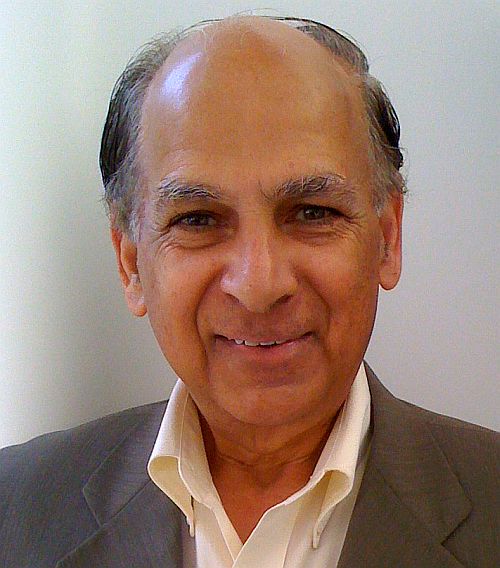
Dr. Juginder Luthra completed his MBBS from Medical College, Amritsar in 1966, and his MS in Ophthalmology from the Post Graduate Institute of Medical Education and Research (PGI), Chandigarh in 1970. He moved to Nottingham, UK along with his wife, Dolly — a dentist from the Amritsar Dental College — and a daughter, Namita. They were blessed with twin daughters, Rohini and Rashmi, in May 1975. The family moved to Weirton, West Virginia in June 1975. Now their three loving daughters are married to wonderful sons-in-law, and Dolly and Juginder are blessed with six grandchildren.
Once you have lived in the U.S. for many years, as I have, silence is the first thing that hits when you return from India.
The orchestra of sounds created by dogs, birds and human vocal cords, along with a variety of man-made machines and amplifiers suddenly vanishes, making you wonder if you are losing your sense of hearing. No wonder it is sometimes called deafening silence.
This is particularly true of the era long gone, of the years I spent in Panipat in the 1950s. The years when the flower of life, as I know, started blooming and absorbed the panorama of the world around me. Times change but the memories of those days, somewhat faded, still linger.
Among the constant background sounds, one of the things that I miss most is the periodic yelps of numerous vendors and hawkers selling products in the trains, buses, on the streets and roads.